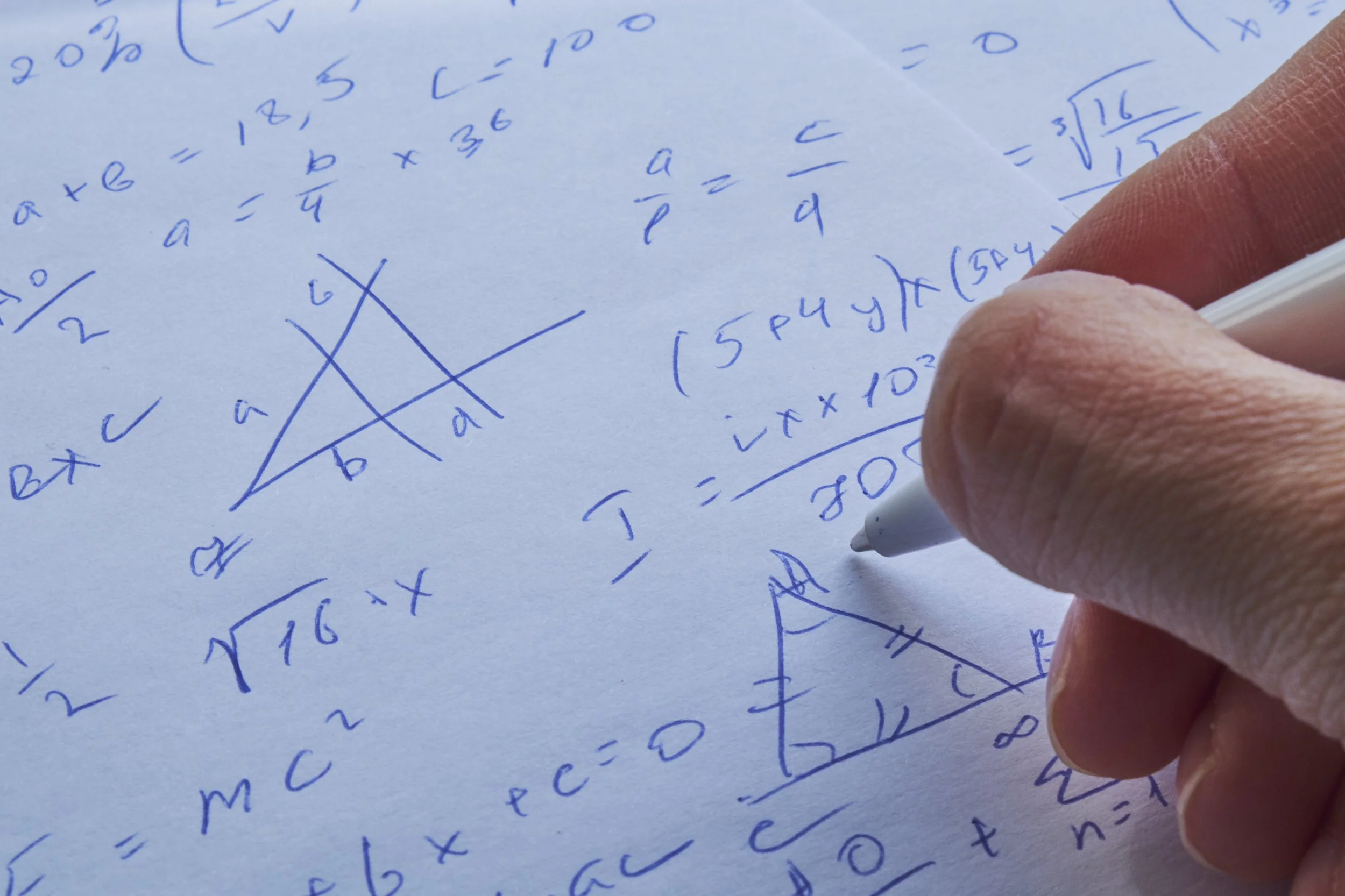
Further MATHS
Further Mathematics is for those who have a real love of the subject and are potentially considering a Mathematics-based degree at university. It can be studied as part of a package of 3 A levels or as a 4th subject.
The course builds on the topics studied in the A-level Mathematics qualification and stretches these further. In addition, there are many stand-alone topics that require an open and enquiring mind. Some of the content is, literally, rocket science!
There are extremely high expectations of students choosing this course. You will need natural mathematical ability and this must be coupled with high levels of effort and persistence. As with A-level Mathematics a large amount of the understanding will be gained through independent study.
The development of concepts in Further Mathematics has the added advantage of increasing the understanding of those topics in A-level Mathematics.
What will I study?
-
A-Level Further Mathematics
Exam board: AQA
-
Assessment: 100% examination assessment.
Year 12: Pure paper, a Mechanics and Discrete paper.
Year 13: Two pure papers, a Mechanics and a Discrete paper.
Further Pure: Introduces i as the square root of –1 (a concept necessary for many engineering solutions), matrices, hyperbolic functions, and polar coordinates, and, in year 13, topics such as differential equations and Maclaurin series.
Further Mechanics: Explores momentum and impulse, collisions, work and energy, elastic strings and springs, and additional year 13 content includes circular motion and centre of mass.
Discrete: Introduces algorithms and graph theory, network flow, critical path analysis, linear programming, game theory, binary operations and advancing in year 13 to number theory and group theory.
-
Grade 8 in Maths. Must also study A-Level Maths.
YOUR NEXT STEPS
YOUR NEXT STEPS
Further Mathematics is an elite and intellectually demanding subject that is exceptionally valued by top universities and employers in mathematics-intensive fields. Studying the subject develops advanced mathematical concepts, sophisticated problem-solving techniques and deep analytical thinking required for careers in high-level engineering, theoretical physics and mathematical research. You will also gain valuable transferable skills such as abstract reasoning, independent learning, persistence and complex logical analysis that are highly sought after in demanding degree programmes and professional roles.
This challenging qualification significantly enhances university applications and provides excellent preparation for mathematics-based degrees including mathematics, physics, engineering, computer science, economics, actuarial science, theoretical physics and advanced sciences where the highest levels of mathematical sophistication are required.




